I said I was available because... of course. “Available” meant determined to finish what I started. But available mentally and physically? I wasn't sure.
March 2020 was the happiest I'd ever been in a professional context. I never felt such a sense of belonging. I was in a cast of all Black women, directed by a Black woman, in a play written by a Black woman.
Now, in 2021, I am a woman who came close to death and existed from her bed for weeks while two children learned online and a husband worked from home. I'm a woman who, while recovering from COVID delivered twenty-two online anti-racism workshops in the aftermath of George Floyd, Breonna Taylor, Ahmaud Arbery and Botham Jean. I conducted a workshop the same day Breonna Taylor's murderer escaped accountability. The participants of the workshop were white. I held a moment of silence before I began. I wished I didn’t have to speak at all.
My sense of hope in what was possible was completely jaded. In March of 2020, School Girls rehearsals and previews were a highlight of my career. Sixteen months later, the show was a painful reminder of how life can annihilate hopes and dreams. When humans make plans, God laughs. I didn't dare hope again. I didn't dare believe the show would actually open in August.
It all felt daunting. “Let me get this straight,” I'd joke, “I'm supposed to leave my house. Every. Day. For weeks in a row. Interact with other human beings other than my family. Pack a lunch. Drive a car further than the Target down the street from me. Rehearse a play. In person. Be out of my house for eight hours. In a row. Also, be a mom and a wife. Huh.”
I kept thinking, I want to show up as my authentic self. I don't want to stuff everything I've been through in a box and present my happy-smiley-professional face. Professionalism is important to me. I like being reliable, on time if not early; an example for other cast members. There have been too many times that I buried parts of myself to maintain that veneer.
My generation of actors bought the “show must go on” bill of goods. We fell for it hook, line, and sinker. The younger generation isn't buying it. They boldly protect themselves from an industry that considers actors’ needs last.
In 2012, my youngest child, age two at the time, went into the hospital because of breathing issues. She had to stay overnight and I slept in the room with her. The following day I had the first rehearsal for a major show at a major theatre. I couldn't fathom telling the stage manager I couldn't attend due to a family emergency. Instead, my husband called off work so he could spend the day with her as they completed tests.
It's fine that my husband was with her but I wanted to be there as her mother. My baby wasn't well. Not only did I attend the first rehearsal when I had a kid in the hospital, I didn't tell anyone about my situation. I felt compelled to appear as if everything was fine.
In July, I was on WGN Radio promoting the show when the host referred to me as “a veteran performer.” I thought, Holy shit, I’m a veteran performer! I was also the oldest person in the cast; old enough to be the majority of the casts’ mother—not a particularly young mom, either.
My generation of actors bought the “show must go on” bill of goods. We fell for it hook, line, and sinker. The younger generation isn't buying it. They boldly protect themselves from an industry that considers actors’ needs last. Once we were in rehearsal, their advocacy surprised and inspired me.
But I spent the week leading up to rehearsal worried about how I was going to make it through the process. I thought I'd need certain accommodations but was uncertain about making them known. Do I present myself as a long hauler or try to act as if I'm fine; the same gal who rehearsed the show pre-pandemic?
I didn't want a target on my back so I decided I would address my needs on a case-by-case basis. I rationalized this by thinking, Maybe I'll be fine and I won't need any special attention. In truth, I had a looming fear that long hauler would show up on my “permanent record.”
The first day of rehearsal was joyous yet cautious. After a meet and greet with staff via Zoom, the cast and director turned toward one another. Lili-Anne Brown, the director, said, “Let's check in and see where we are. This is a lot.”

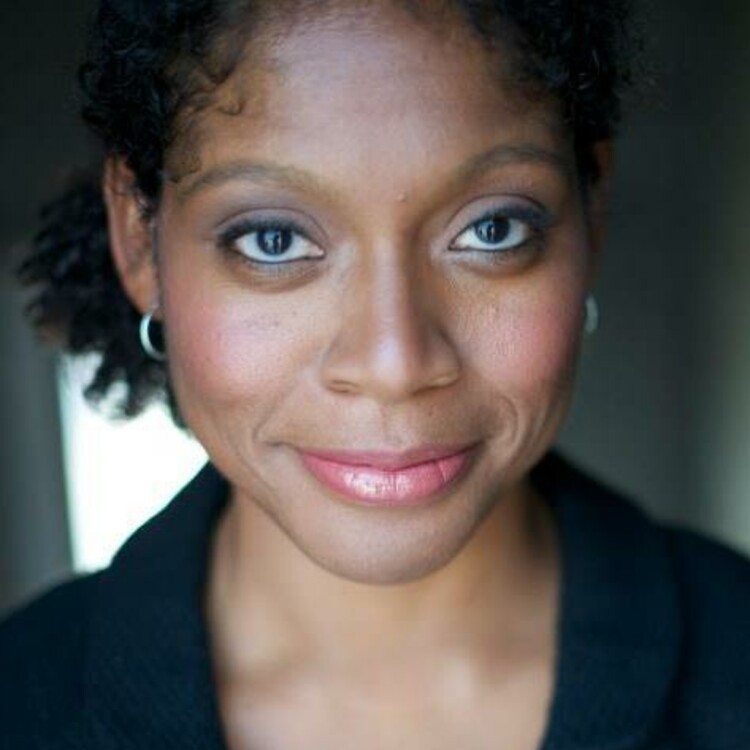
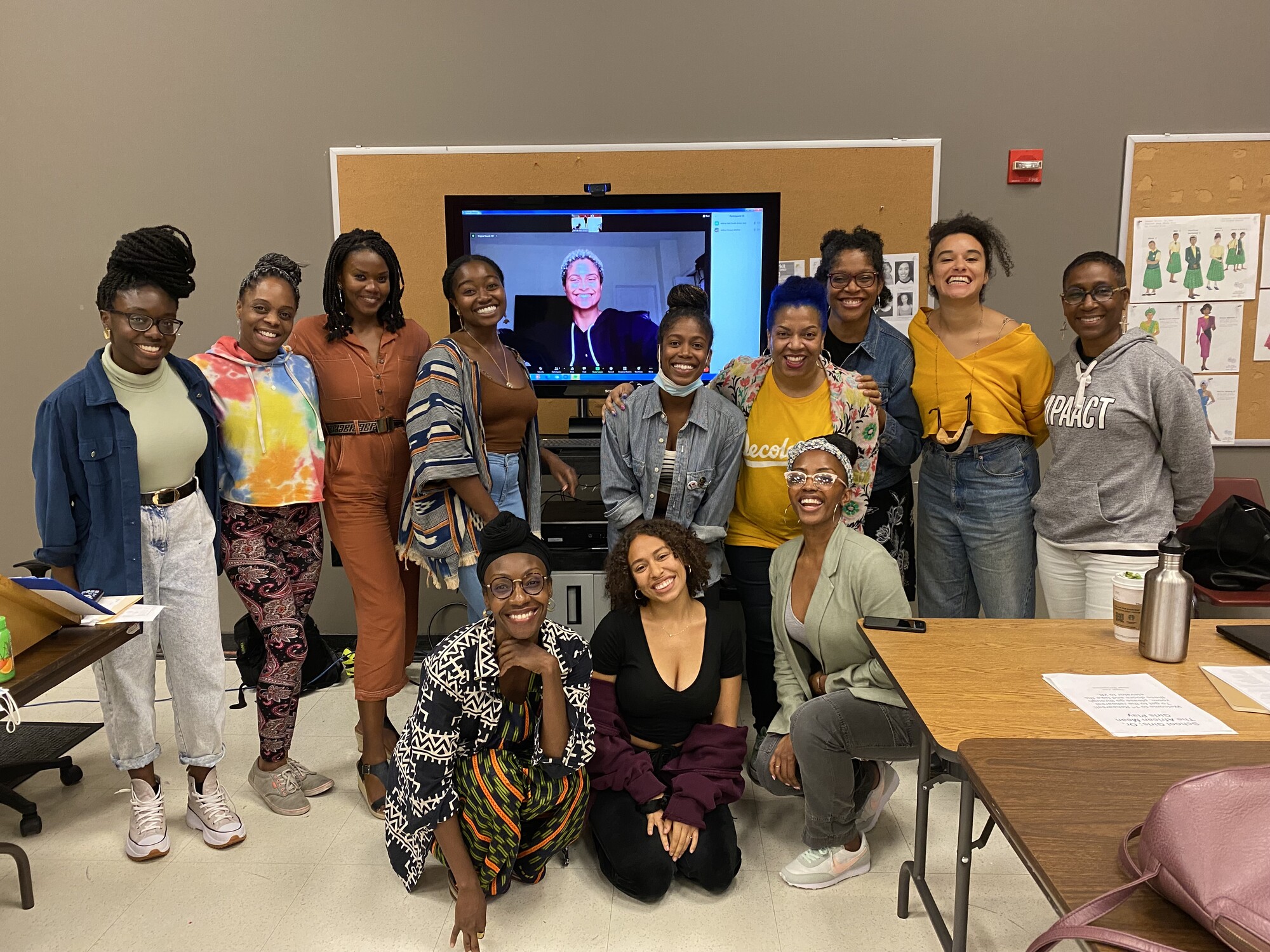
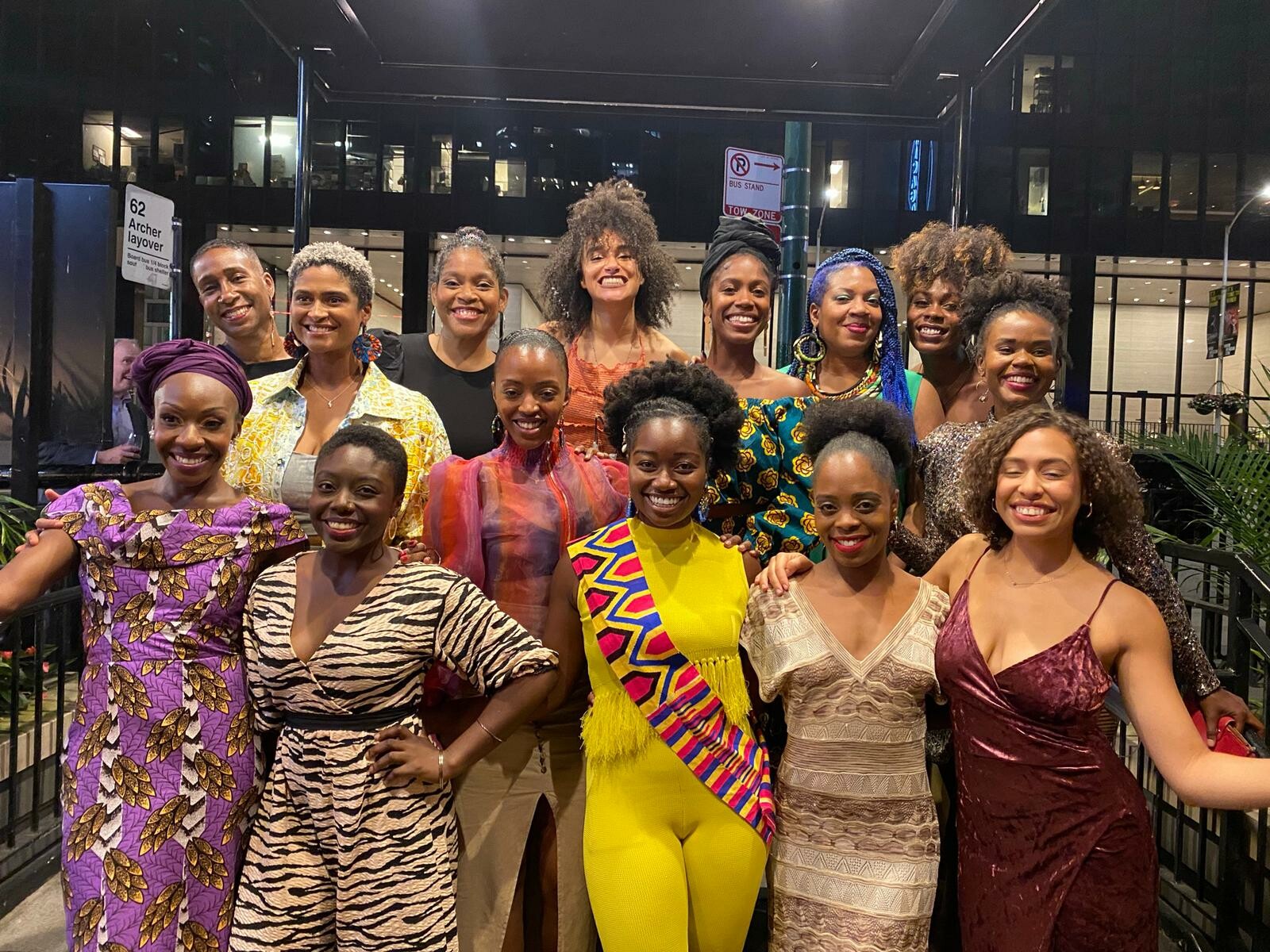
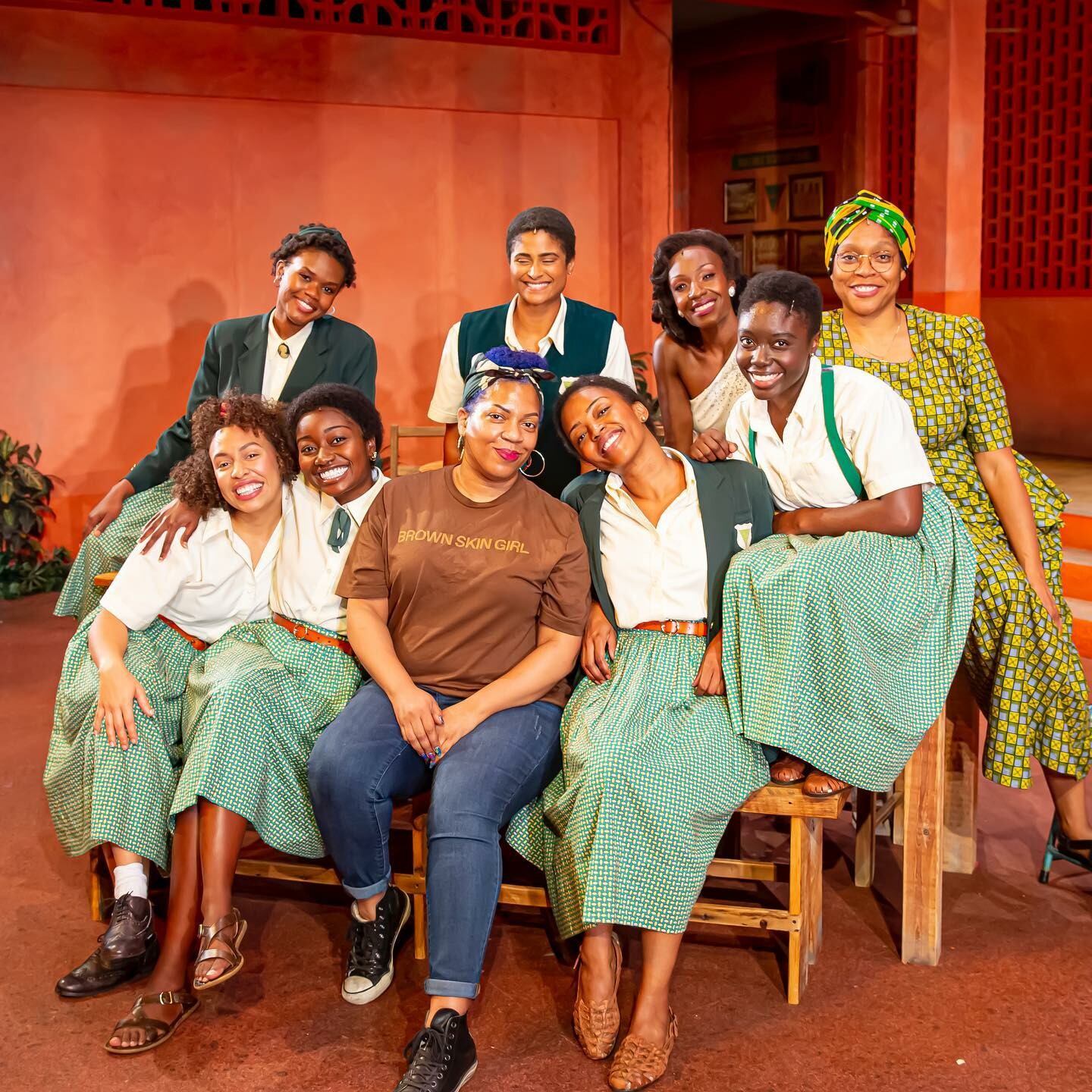
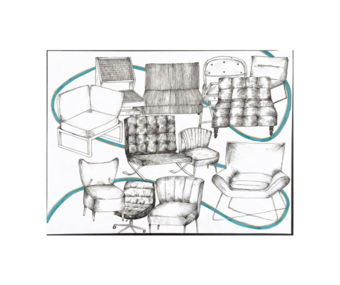


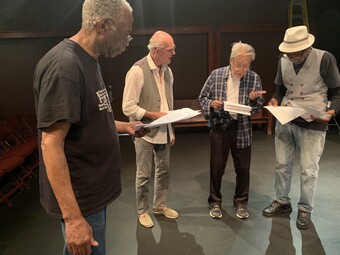

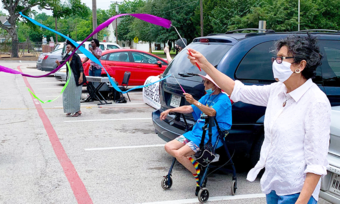

Comments
The article is just the start of the conversation—we want to know what you think about this subject, too! HowlRound is a space for knowledge-sharing, and we welcome spirited, thoughtful, and on-topic dialogue. Find our full comments policy here